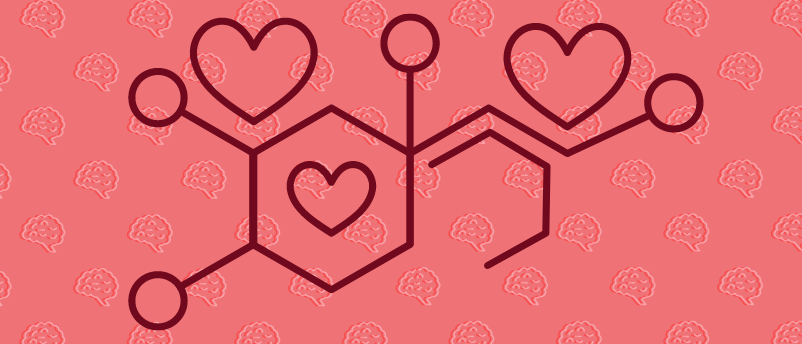
BioTechniques News
Tristan Free

Why do we want to be with some people more than others? It turns out dopamine pulls the strings of desire.
In a recent study, researchers at the University of Colorado Boulder (CO, USA) set out to gain an insight into what happens in the human brain during the formation and severance of intimate connections. They have identified the neurotransmitter dopamine as an essential messenger for maintaining intimate relationships.
“As humans, our entire social world is basically defined by different degrees of selective desire to interact with different people, whether it’s your romantic partner or your close friends,” remarked senior author Zoe Donaldson. “This research suggests that certain people leave a unique chemical imprint on our brain that drives us to maintain these bonds over time.”
To explore this, the team utilized the prairie vole’s monogamous pair bond as a model for human romantic relationships. As part of the 3–5% of mammals that form monogamous bonds, prairie voles have served as important model organisms for other studies investigating the brain’s role in mating.
Using neuroimaging technology, the team was able to measure – in real time – how the brain functions when a vole is separated from its partner and is trying to get back to them. They also embedded activity-tracking fiber-optic sensors that measure dopamine in the voles’ nucleus accumbens, an area of the brain responsible for motivating our reward seeking behaviors (like reaching out to hold a partner’s hand).
 Love really hurts without you: oxytocin helps regenerate the heart
Love really hurts without you: oxytocin helps regenerate the heart
Oxytocin, the neurohormone responsible for pleasure, has been found to help regenerate cardiomyocytes in zebrafish and human stem cell cultures.
The voles were faced with different tasks to reach their mate, either pressing a lever or climbing a fence to be reunited. Each time the vole was reunited with their partner, the sensor lit up with dopamine activity. However, when a random vole was on the other side of the wall or door separating them, the team observed less dopamine activity in the vole brain while undertaking the task.
“This suggests that not only is dopamine really important for motivating us to seek out our partner, but there’s actually more dopamine coursing through our reward center when we are with our partner than when we are with a stranger,” explained Anne Pierce, first author on the paper.
But what happens when these intimate ties are severed? The team tested separating a vole couple for 4 weeks, enough time for a vole in the wild to find a new partner. When reunited, the couple recognized each other but did not display the same dopamine surge previously measured. This indicates that their neurochemical footprints on each other’s brains had diminished. Their once intimate partner had become just another vole, an inherent mechanism that allows them to form new bonds.
This inherent mechanism – reducing dopamine’s association with an individual – could be good news for people who have experienced a tough breakup. But then again, how well do results in voles translate to the human brain? The researchers stress that further studies are needed to learn more about how our brains compare with voles’.
However, the team does think that this research could have important implications for individuals who either struggle to form close relationships or to heal after the loss of a loved one. “The hope is that by understanding what healthy bonds look like within the brain, we can begin to identify new therapies to help the many people with mental illnesses that affect their social world,” concluded Donaldson.
The post Neurochemical Cupid: dopamine underlies intimate relationships appeared first on BioTechniques.
Powered by WPeMatico
